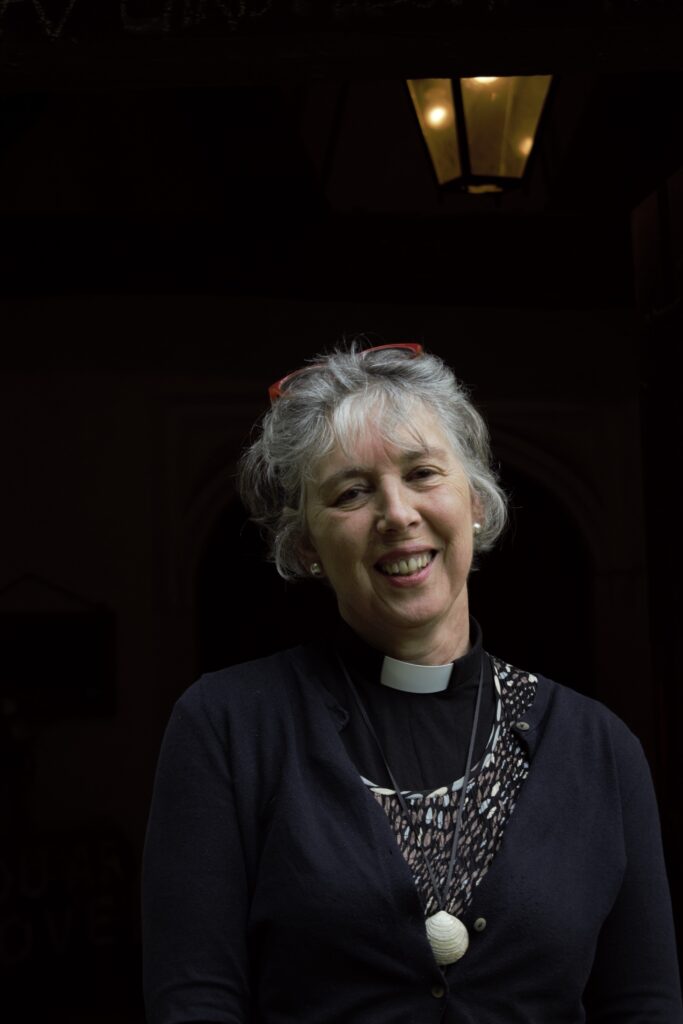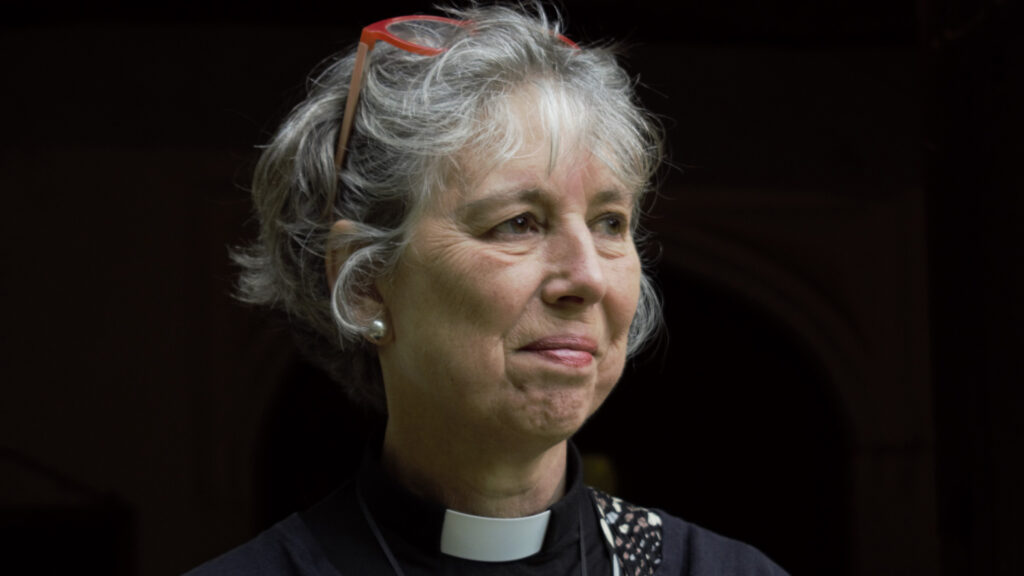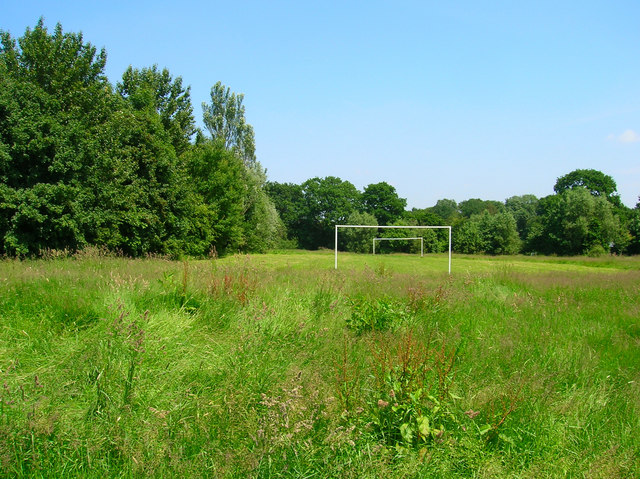Reverend Helen Burnett is sitting in a pew at the back of her church in Surrey, South East England. “We have to be God’s hands and feet. God’s not going to come in and sort it out – except through us.”
The “it” she refers to is the climate crisis. As both a vicar and a mother of four, the 65-year-old brings the same depth of care to environmental justice as a priest would offer to a parishioner.
Nursing a cup of tea and wrapped in a red shawl to fend off the draft – a shade that matches her glasses, watch strap and lipstick – Burnett says that she was ordained just eight years ago. But, raised in her father’s vicarage, the self-described liberal Christian has never been a stranger to faith.
“I’m deeply Biblical,” she says, “I take the Bible as our sacred text, but it has to be read through the lens of where we are now.”
“There’s activism that attracts certain personality types and I’m clearly one. There’s being awake to what’s going on in the world and being prepared to keep looking at it, not to look away.”

Burnett is an active member of Extinction Rebellion (XR) and was arrested in 2019 following a protest on Lambeth Bridge in London.
She assumed she would be ostracised from climate activism because of her profession. “But it was completely the contrary. There I was in my dog collar with people saying, ‘Oh, this is fantastic that you’re here.’”
“My attitude was that my white middle-agedness and middleclassness is a privilege I can use.” During the protest, she and other XR members sat in the road and obstructed traffic for approximately three hours before their arrest. “It felt like it was holy ground.”
Burnett has distrusted the police since she was a teenager after her brother was violently arrested at Notting Hill Carnival. She admits to having an internal conflict as a vicar who “must love everybody. But also thinking, ‘you’re a police officer, I’ve learned not to speak to you.’”
The reverend’s own arrest in 2019 was more discreet. She recalls the arresting officer being apologetic, admitting his Catholic girlfriend would never forgive him. That night, she fell asleep in her cell reading feminist author bell hooks.
We have to build communities of mutual aid
Reverend Helen Burnett
This March, she joined a group of women aiming to carry out citizen’s arrests of oil executives from BP and Shell. Although they were unsuccessful, the executives were served with indictment papers accusing them of committing criminal offences. The case is now with the Crown Prosecution Service. “For a while, I had the grandchildren of Ken Saro-Wiwa living on my road. Shell murdered that man,” she says of her motivations for joining XR. “I wanted to look them in the eye.” The Nigerian environmental activist was executed by the country’s military dictatorship in 1995 after leading a movement that demanded that companies like Shell take responsibility for destructive oil extraction in the Niger Delta.
In June, Burnett will lead a pilgrimage of 60 miles walking through 60 parishes. Each stop will focus on local climate resilience.
“We’re not going to bring down the system that has created climate change,” she says, “so we have to build communities of mutual aid.” She gestures at the rural Surrey town outside the window of her church. “In areas like this, people are pushed away by activism to some extent.”
“But when the time comes, which I think it will, where we’re having to live very differently, we need to be able to love each other.”




